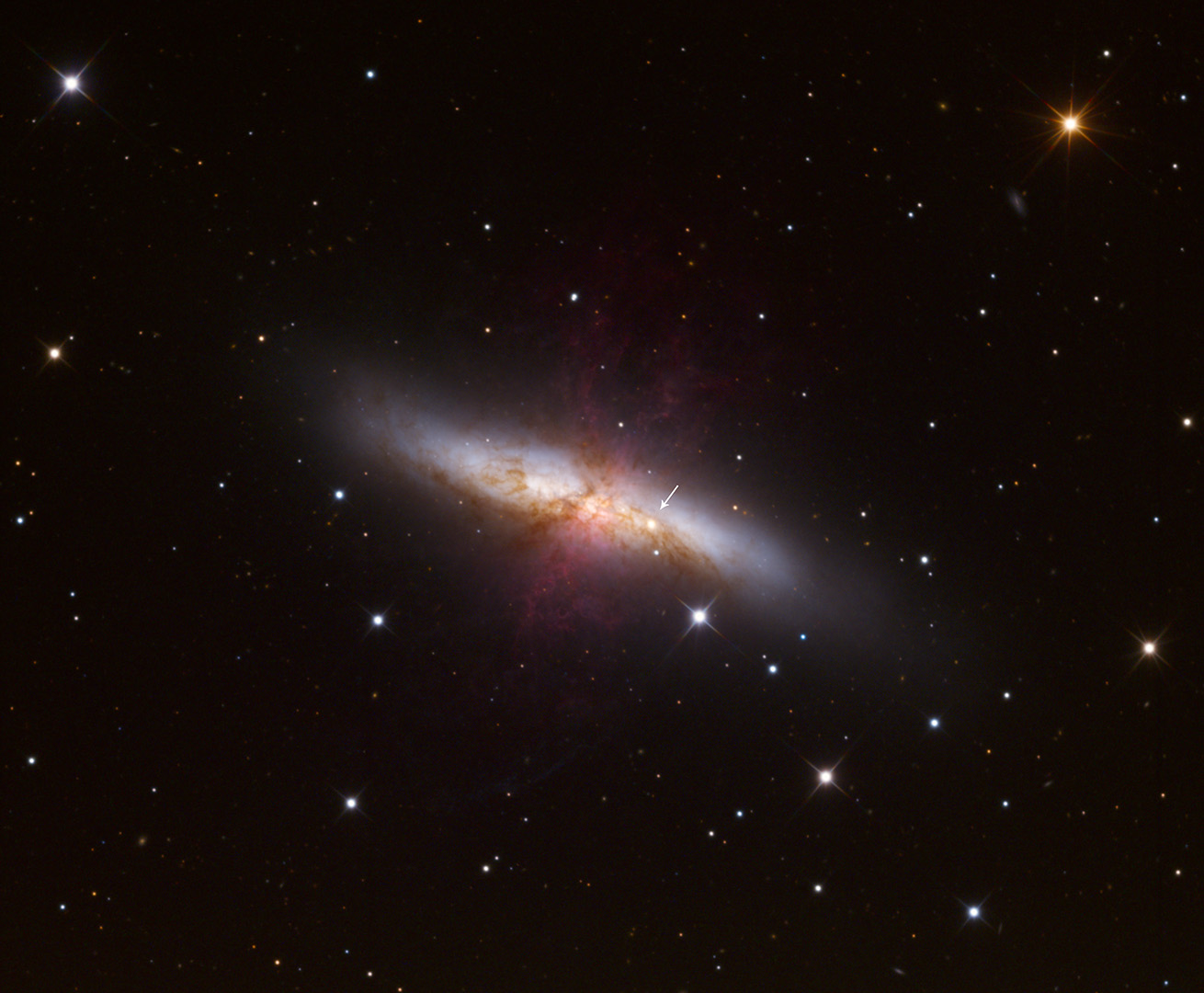Near the end of Flatland, by E. A. Abbott, the Sphere is showing the Square (who has already witnessed visions of Lineland and Spaceland) the being, and entirety, of Pointland:
"Behold yon miserable creature. The Point is a Being like ourselves, but confined to the non-dimensional Gulf. He is himself his own World, his own Universe; of any other than himself he can form no conception; he knows not Length, nor Breadth, nor Height, for he has had no experience of them; he has no cognizance even of the number Two; nor has he a thought of Plurality; for he is himself his One and All, being really Nothing. Yet mark his perfect self-contentment, and hence learn this lesson, that to be self-contented is to be vile and ignorant, and that to aspire is better than to be blindly and impotently happy. Now listen."(Italics mine.) The first set of italics I found profound in a Zen kind of way. In Pointland, one, everything, and nothing are all the same. Let's just sit with that for a moment.
...
...
...
Got it? Everything is nothing, and nothing is everything.
Now to the mathematics... does a point even exist? How can an infinitesimally small thing, which has no extent in either of our three spatial dimensions, be said to exist? How can it be extant with no extent, as it were? We can write down a lot of things mathematically, like infinity, for example, that are useful to solve problems about the real universe but don't actually exist themselves. How can infinity carry any ontological weight? There are an infinite number of numbers between any two numbers, sure, but numbers are abstractions; they are not real things in the real world, but instead they are properties of things in the world. Similarly, a point is a mathematical abstraction - a way to specify this number exactly - but a thing can't be a point, can it? We would have to know its location to infinite precision (and as I've said, it would have zero extent).
Points are difficult for physics. Zeros and infinities make black holes, which tear apart the very fabric of space and time. Singularities (like black holes) are a sign that something is wrong with our theories or that they are incomplete. The embarrassment of naked black holes is covered up with event horizons, which hide the awkward theoretical rip in space-time. But it is interesting to me, in a very Zen way, how zero and infinity are reciprocals of each other - divide by zero to get infinity, and divide by infinity to get zero. They are inverses, so in some way they're the same - zero is infinity, just viewed upside-down. Everything is nothing.
The second set of italics above, "to aspire is better than to be blindly and impotently happy," is interesting for a completely different reason. Here is the Point making a very profound (to me) point about existence, and yet the higher-dimensional beings call him vile and ignorant. His happiness is a reflection of his ignorance of the higher dimensions (or really any dimensions at all), and this is obviously to be scorned. In some ways I sympathize; the Point is certain that he knows all there is to know, by virtue of being his entire Universe, so while we can't exactly blame him, he is completely and utterly wrong. He hears the Square speak, and thinks it his own thoughts. Being wrong is uncomfortable, but I value the attempt at being right (the aspiration for knowledge, not knowledge itself) more than being ignorant, certain, and blissful.
And yet:
"Infinite beatitude of existence! It is; and there is none else beside It. It fills all Space," continued the little soliloquizing Creature, "and what It fills, It is. What It thinks, that It utters; and what It utters, that It hears; and It itself is Thinker, Utterer, Hearer, Thought, Word, Audition; it is the One, and yet the All in All. Ah, the happiness ah, the happiness of Being!"Ah indeed, the happiness of Being. What an intriguing and enticing ignorance!









